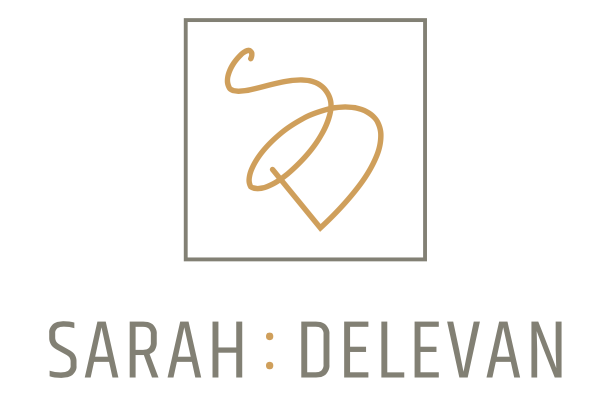#74 She Doesn't Wear a Cape or Fly, but She's a Real Superhero - Sarah Delevan, The Good Food CFO
I was recently invited to join Sarah Marshall and Sarah Masoni as a guest on their amazing podcast, The Meaningful Marketplace and had a great time discussing MY JOURNEY TO BECOMING A GOOD FOOD CFO, MY APPROACH TO FINANCIALS + WORKING WITH MY CLIENTS, AND OF COURSE…all things food business.
If you’re a good food business owner and haven’t listened to their podcast, stop what you’re doing and listen right now!
A little bit about Sarah and Sarah:
Sarah Masoni of Oregon State University's Food Innovation CenteR:
Masoni's mission is to help food entrepreneurs take their product to market successfully, or give them the tough love news that their product isn't ready for prime time. Masoni has an amazing palate that has guided many companies through the maze of going from the kitchen to the mass production process that gets the product to the consumer's table. She's interested in real food, ethically procured and processed with a fabulous taste and she's very straightforward and candid with her clients. A speaker, sought after panel member and budding author, Masoni considers herself "CEO to a thousand food companies", because her candor and integrity has the ear of the C-suite when they need to hear the truth about their food products.
Sarah Marshall founder of Marshall's Haute Sauce:
Sarah’s passion for canning bloomed when she was a social worker in the Portland, Oregon area. The work was emotionally tough, and canning food at home became her therapy. As she canned more and more, she began teaching others. And she started creating sauces for the children she oversaw. Since many were on the "spectrum", she had to pay special attention to avoiding additives, so her penchant for pure, fresh food took hold. Her recipes reflected this philosophy and became the blueprint for her future products. Taking business classes while still a social worker, Marshall considered a food cart at one time, but decided to can and distribute her sauce instead. Now, her company is a certified kitchen in her home where she, husband and daughter have made a life doing what they love.
About the Author: Sarah Delevan is a Food Business Financial Coach and Consultant with over 7 years of working in the food industry. She received her MBA from Rollins College and In 2017 she founded Sarah Delevan Consulting based in Los Angeles, CA and serving clients across the United States. She is the creator of the Financial Success Formula and the founder of the Profitable Food Business program and host of The Good Food CFO Podcast. To learn more about Sarah and opportunities to grow a more profitable food business Click Here.



